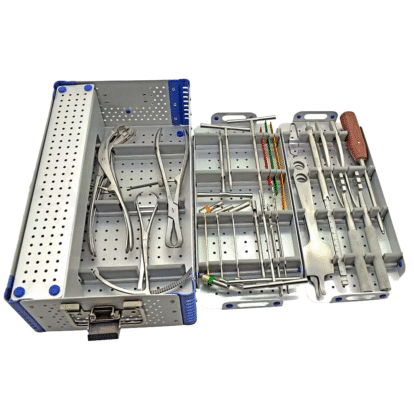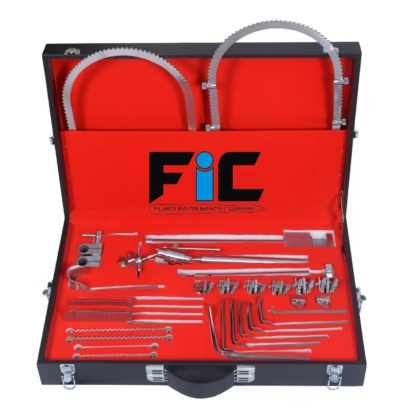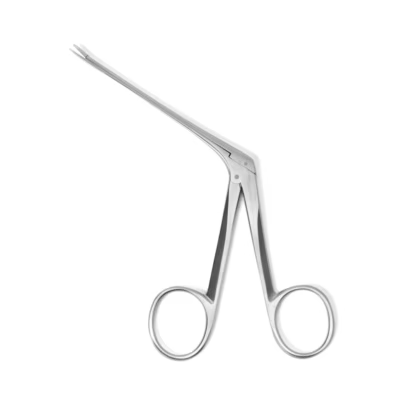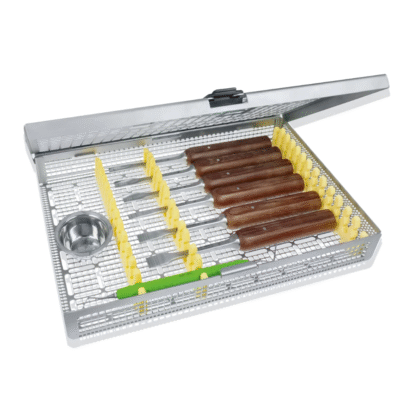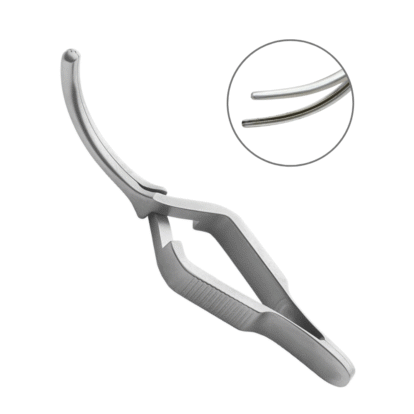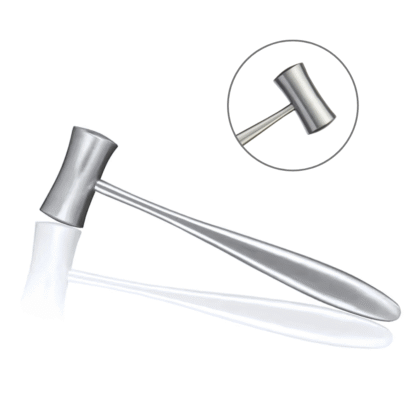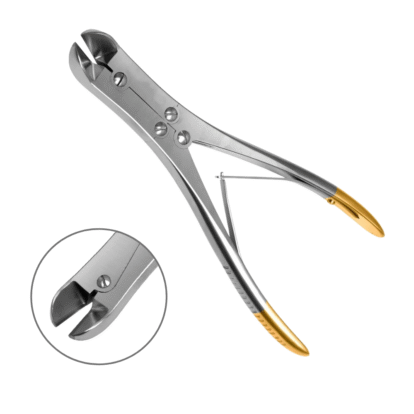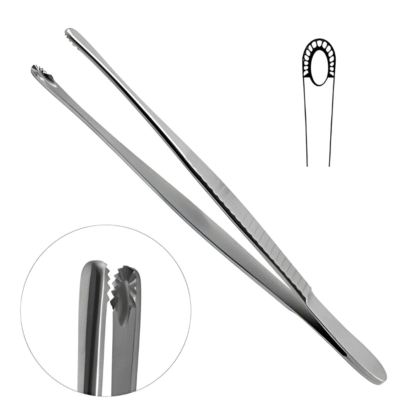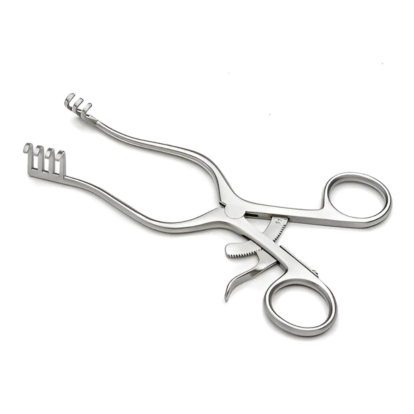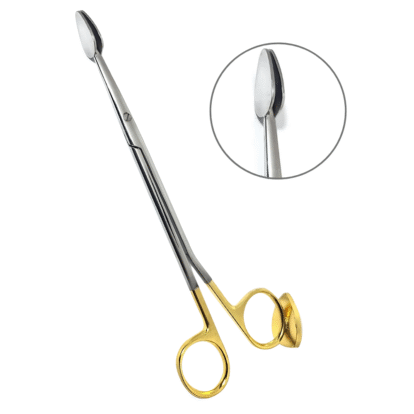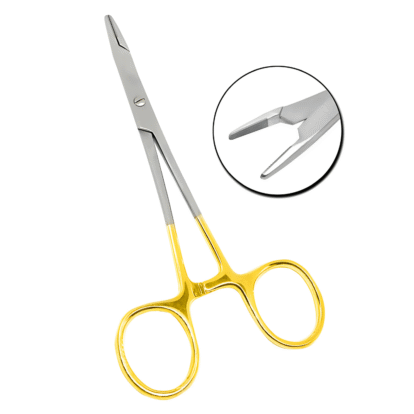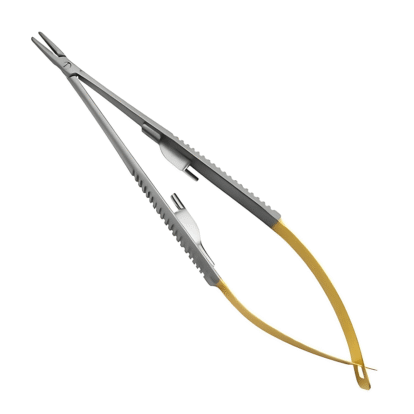- Empty cart.
- Continue Shopping
Common Mistakes That Damage Dental Instruments (And How to Avoid Them)

Dental instruments are essential tools for providing high-quality patient care. However, improper handling, cleaning, and maintenance can significantly reduce their lifespan, leading to costly replacements and compromised performance.
In this article, we’ll explore the most common mistakes that damage dental instruments and provide actionable tips on how to avoid them to ensure longevity and optimal functionality.
1. Improper Cleaning and Sterilization
Mistake:
- Using abrasive cleaners or harsh chemicals that corrode instruments.
- Failing to rinse instruments immediately after use, allowing blood and debris to dry.
- Overloading autoclaves, leading to incomplete sterilization.
Solution:
✔ Pre-soak instruments in an enzymatic cleaner to prevent debris from hardening.
✔ Use neutral pH detergents instead of bleach or acidic solutions.
✔ Follow manufacturer guidelines for autoclave loading and sterilization cycles.
2. Using the Wrong Instrument for the Task
Mistake:
- Using delicate instruments (e.g., scalers) for tasks they’re not designed for (e.g., prying or scraping).
- Applying excessive force, leading to bent or broken tips.
Solution:
✔ Select the right tool for each procedure to prevent unnecessary strain.
✔ Train staff on proper instrument usage to avoid misuse.
3. Mishandling and Dropping Instruments
Mistake:
- Dropping instruments on hard surfaces, causing misalignment or cracks.
- Storing instruments loosely in drawers, leading to scratches and damage.
Solution:
✔ Use instrument cassettes or protective trays for organized storage.
✔ Handle instruments carefully and avoid tossing them into sinks or trays.
4. Neglecting Regular Maintenance and Inspection
Mistake:
- Failing to check for wear and tear (e.g., loose screws, dull blades, or corrosion).
- Ignoring minor damage, which can worsen over time.
Solution:
✔ Inspect instruments daily for signs of damage.
✔ Sharpen and lubricate instruments as needed to maintain performance.
5. Improper Drying and Storage
Mistake:
- Storing instruments while still wet, leading to rust and corrosion.
- Exposing instruments to humidity or extreme temperatures.
Solution:
✔ Dry instruments thoroughly before storage.
✔ Use silica gel packs in storage drawers to absorb moisture.
6. Overlooking Manufacturer Guidelines
Mistake:
- Ignoring recommended cleaning, sterilization, and maintenance instructions.
- Using unauthorized repair services that void warranties.
Solution:
✔ Always refer to the manufacturer’s manual for care instructions.
✔ Use certified repair services for instrument maintenance.frre
Conclusion: Protect Your Investment
Dental instruments are a significant investment, and their proper care directly impacts patient safety, efficiency, and cost-effectiveness. By avoiding these common mistakes—improper cleaning, misuse, mishandling, neglect, and poor storage—you can extend the lifespan of your instruments and maintain optimal performance.
Key Takeaways:
✅ Clean and sterilize instruments correctly.
✅ Use the right tool for each procedure.
✅ Handle and store instruments carefully.
✅ Inspect and maintain instruments regularly.
✅ Follow manufacturer guidelines.
By implementing these best practices, your dental practice can save money, improve efficiency, and deliver better patient care.










